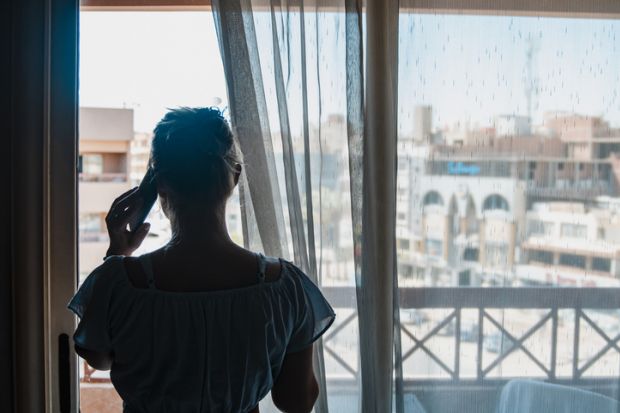Incoherent policy and federal-state squabbling risk inflicting more misery on Australia’s long-suffering international education sector, even as governments dismantle the border restrictions that have devastated the industry.
Conflicting approaches to students’ return – one necessitating quarantine, the other not – appeared destined to create losers. Either students will be forced to sacrifice two weeks and possibly thousands of dollars isolating themselves unnecessarily, inflaming existing grievances about their treatment, or quarantine providers will forgo millions of dollars of promised earnings.
Four states – South Australia, New South Wales (NSW), Victoria and Queensland – have developed “pilot” plans to jet in up to 250 students at a time and quarantine them in purpose-built facilities. The plans were conceived months ago to reassure students that they would be able to reach Australia, and to show locals that students could be admitted safely.
But the plans have taken so long to reach fruition – partly because of Covid outbreaks, partly because of cost concerns and partly because of political recalcitrance – that they have been overtaken by other developments.
NSW and Victoria now intend to admit vaccinated foreigners with no quarantine requirements from November, with the Australian Capital Territory (ACT) following suit early next year. The three jurisdictions are awaiting approval from the federal government, which has so far only agreed to waive quarantine requirements for returning Australians.
That may change by 6 December, when the first of the pilot flights is expected to land in Sydney. If so, the students could find themselves spending two weeks in quarantine – and sharing costs of at least A$9,000 (£4,900) a head with their universities – while other international travellers, potentially including the students’ countryfolk, avoid such privations.
RMIT University international education expert Chris Ziguras said that there was no logic or public health rationale to justify treating people so differently when they came from the same countries and had the same immunisation levels.
The national Covid transition plan, which has been approved by all federal, state and territory governments, allows for more international students to be admitted – along with “reduced requirements” and “proportionate quarantine” for all immunised travellers – once 80 per cent of eligible locals have been fully vaccinated. NSW has already exceeded that benchmark, with Victoria days away.
Professor Ziguras said it was logistically feasible for the 147,000 foreign students stranded outside Australia to be brought back quite quickly, so long as airlines had enough confidence about entry rules to start scheduling flights.
“This has all been mapped out, yet we’re having real trouble sending that clear signal about when the borders will open,” he told the LH Martin Institute conference. “That’s really, really frustrating.”
Greens education spokeswoman Mehreen Faruqi said forcing international students to quarantine, while waiving such requirements for Australian citizens, was “blatant discrimination and racism”.
She told a Senate estimates committee that international students had already “been through hell” in Australia during the pandemic. “The government should be worried about the signals this sends to international students.”
The federal government, which has approved the pilot plans of South Australia, NSW and now Victoria, said it was up to the states to justify their quarantine requirements. “I would hope…that common sense would prevail and that anyone seeking to come into the country would be able to do so as easily as possible,” said Jonathon Duniam, an assistant minister with the governing Liberal Party.
International Education Association of Australia chief executive Phil Honeywood said that while it was “great” that state governments were now advancing their student return plans, their efforts could “mean nothing” if borders opened anyway.
“We’re in parallel universes,” he said. “The manner in which we have gone about opening up our borders for the return of international students has sent mixed messages all over the world. Students…just want clarity.”
Also likely to be seeking clarity is student accommodation giant Scape, which won a state government contract to quarantine students arriving under the NSW pilot. If the quarantine requirement is waived, Scape risks losing at least A$4.5 million a month.
Both Scape and the NSW government declined to comment on this possibility. But the company – which has reportedly invested A$5.3 billion in its Australian properties, and agreed to buy another three University of Technology Sydney student accommodation complexes in September – has acknowledged inherent political risks in its business model.
Scape executive chairman Craig Carracher told The Australian newspaper that if the state and federal governments had failed to approve the NSW pilot plan in the first place, “our investors and our banks would have been asking me some pretty serious questions”.
Register to continue
Why register?
- Registration is free and only takes a moment
- Once registered, you can read 3 articles a month
- Sign up for our newsletter
Subscribe
Or subscribe for unlimited access to:
- Unlimited access to news, views, insights & reviews
- Digital editions
- Digital access to THE’s university and college rankings analysis
Already registered or a current subscriber? Login









